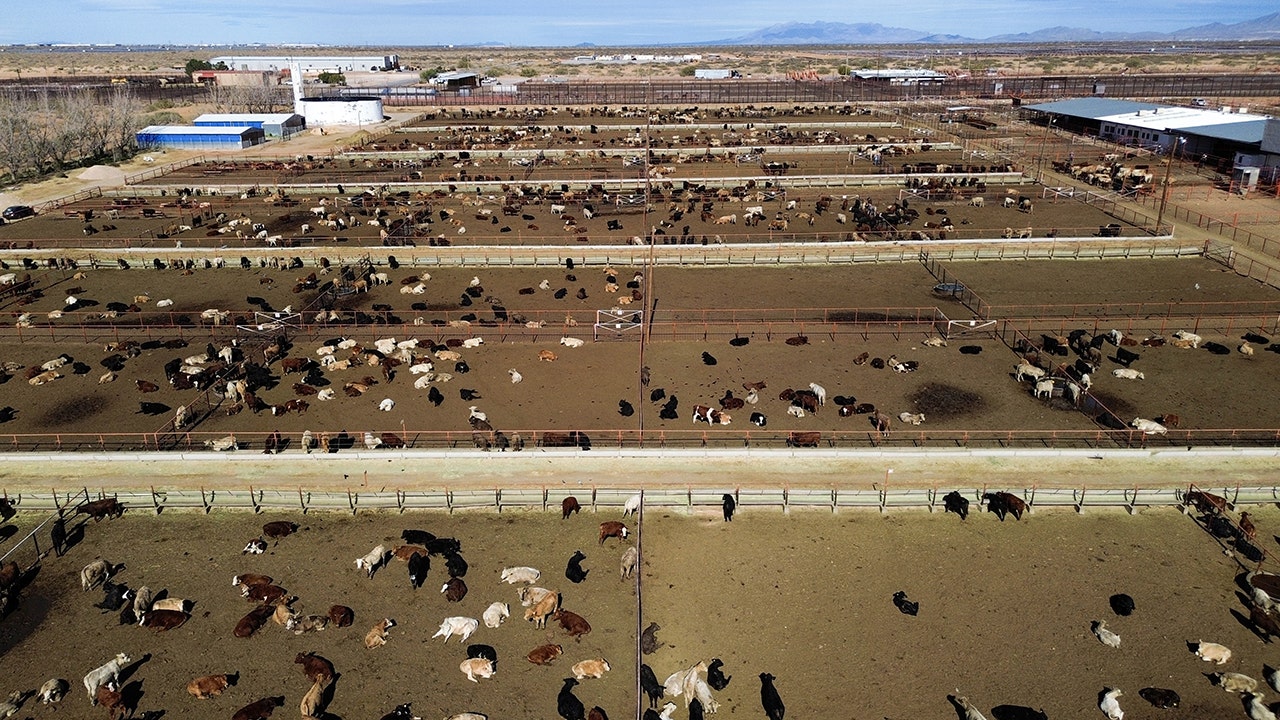US shuts southern border to livestock imports to stop spread of deadly flies

The Trump administration has announced a temporary ban on the import of cattle, horses, and bison through ports along the southern border due to the rapid spread of New World Screwworm (NWS) in Mexico. This decision was made in response to the first reported case of NWS in Mexico in November 2024.
Brooke Rollins, the Secretary of the U.S. Department of Agriculture (USDA), made the announcement in a post on Sunday, emphasizing the threat that NWS poses to the livestock industry. NWS fly maggots can burrow into the flesh of living animals, causing serious and often fatal damage. The types of animals that can be infested by NWS maggots include pets, livestock, wildlife, birds, and in rare cases, humans.
The USDA has detected NWS in remote farms located as far north as 700 miles from the U.S. border. In response, the U.S. and Mexico are working together to eradicate NWS before it reaches the southern border. The USDA’s Animal Plant Health Inspection Service (APHIS) and U.S. Customs and Border Protection are now restricting the import of live animal commodities from Mexico.
The ban on imports will be in effect on a month-to-month basis until a significant containment of NWS is achieved. Livestock currently held for entry into the U.S. will be processed normally, inspected by a port veterinary medical officer, and treated to prevent the spread of NWS.
Rollins highlighted the collaboration between the U.S. and Mexico in addressing the NWS threat, emphasizing the importance of protecting the livestock industry and ensuring food and animal safety. The eradication efforts involve field surveillance, education, outreach, prevention, treatment, early detection, controlling animal movement, and sterile insect dispersal.
The eradication of NWS is not a new challenge, as it was previously eradicated in the U.S. in the 1960s and Mexico in the 1970s. However, the process was costly and time-consuming, costing billions of dollars and taking decades to complete.
In conclusion, the U.S. and Mexico are working diligently to prevent the spread of NWS and protect the livestock industry from this devastating pest. The cooperation between the two countries is essential in ensuring the safety of animals and the nation’s food supply.




